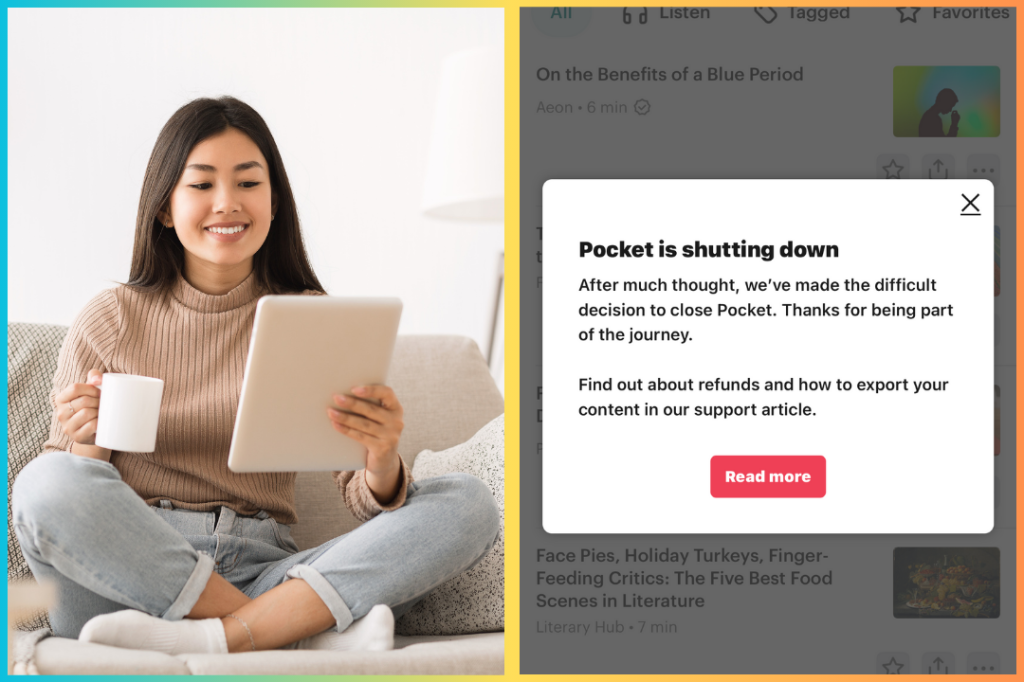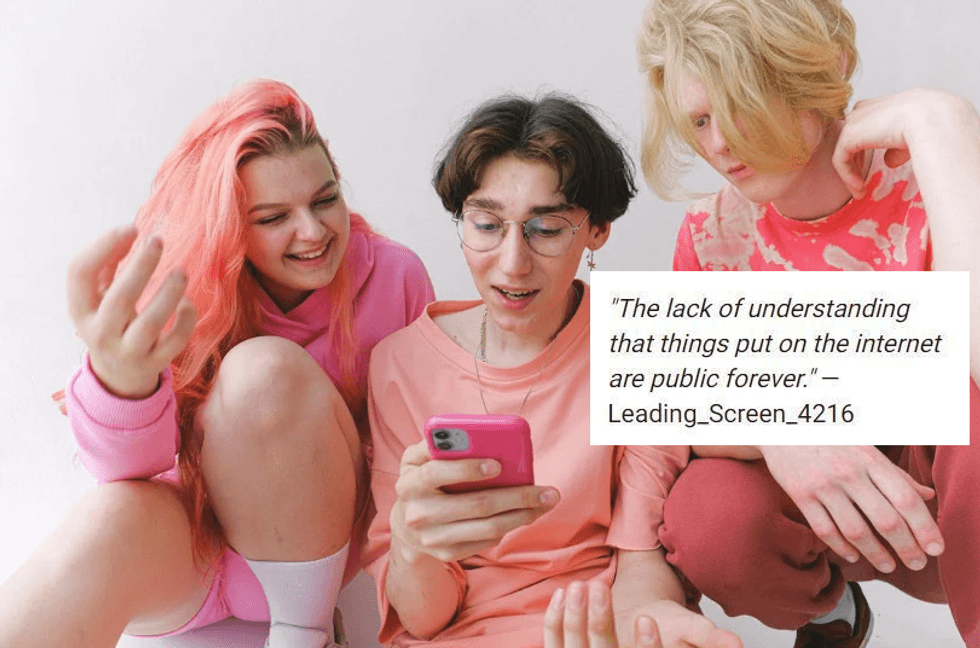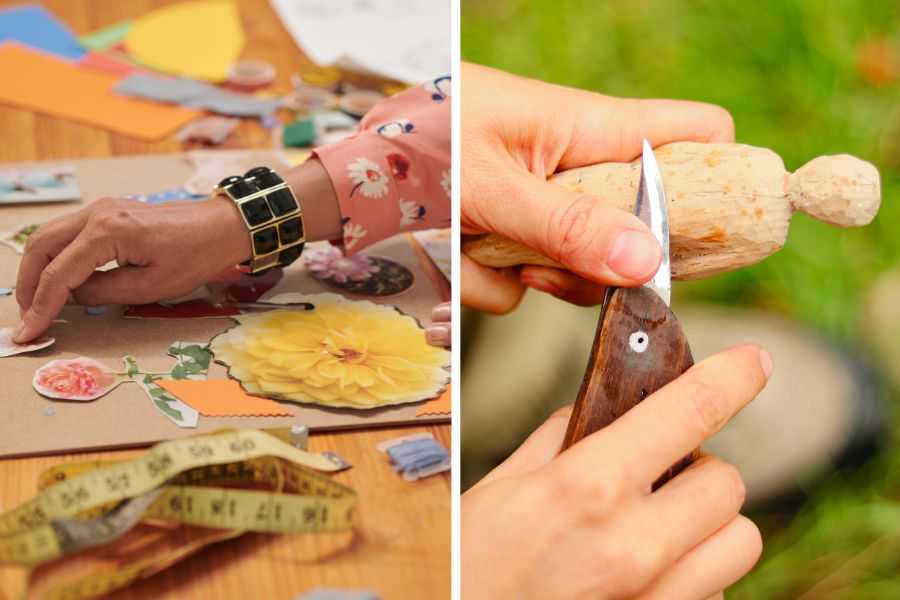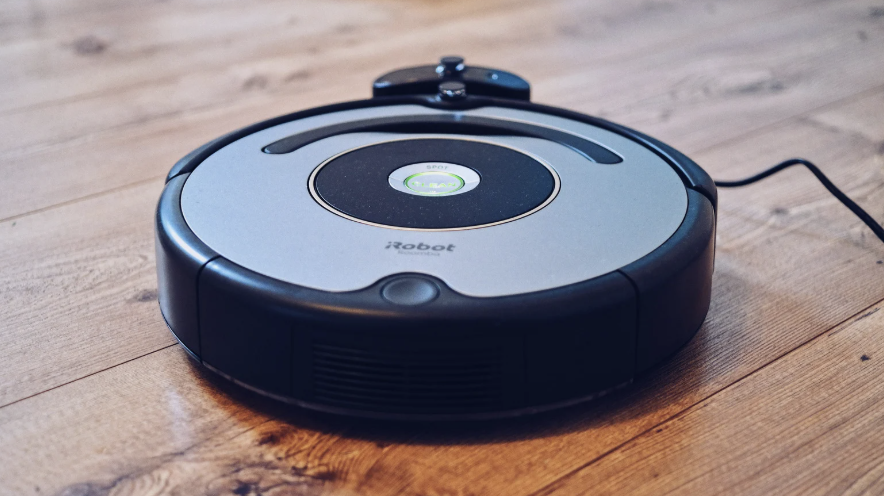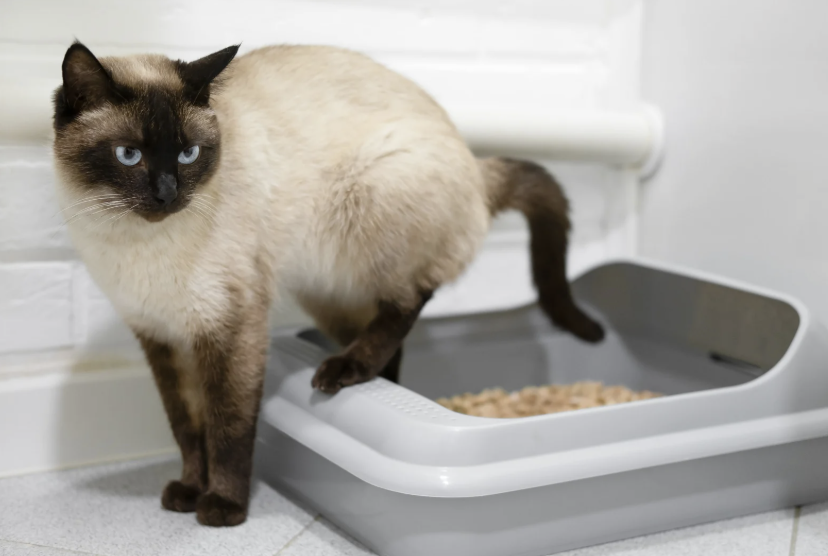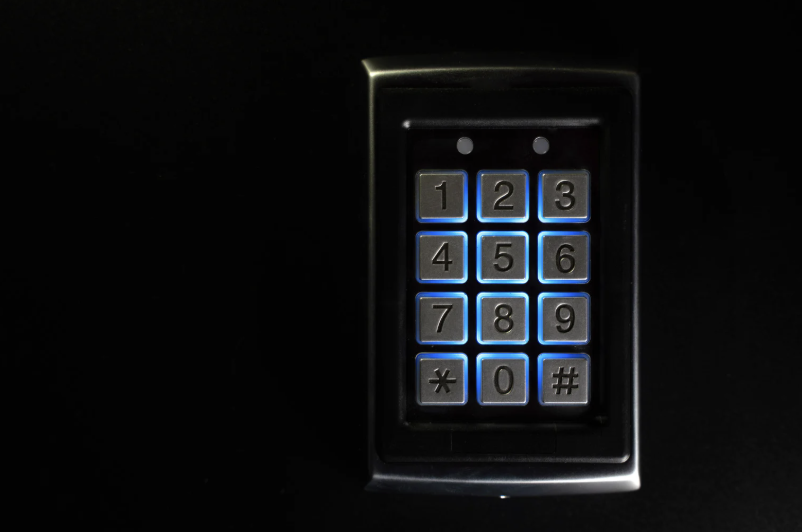For 18 years, Pocket helped the Internet’s voracious readers—and biggest procrastinators—collect their favorite stories online. Stored neatly in one, easy to access location, as a digital hoarder, Pocket was an indispensable asset. That Forbes article on the “secretive, pay-for-play world of movie trailers?” Pocketed with a single click, thanks to cross-platform integration. Or, a deep-dive on “the unstoppable rise of digital detox retreats?” Intriguing, but not for right now. Pocketed. These articles, along with hundreds of others, that ranged from “Why America has so few carpenters” to “The amazing psychology of Japanese train stations” were kept safe, just for me, in my digital magpie nest.
That time has ended.
While dutifully logging onto the app one day, a pop-up appeared, reading “Pocket is shutting down.” The parent company, Mozilla, went on to explain: “After careful consideration, we’ve made the difficult decision to phase out Pocket—our read-it-later and content discovery app. This includes the Pocket Web, Android, iOS, and macOS apps, as well as the Pocket browser extensions.”
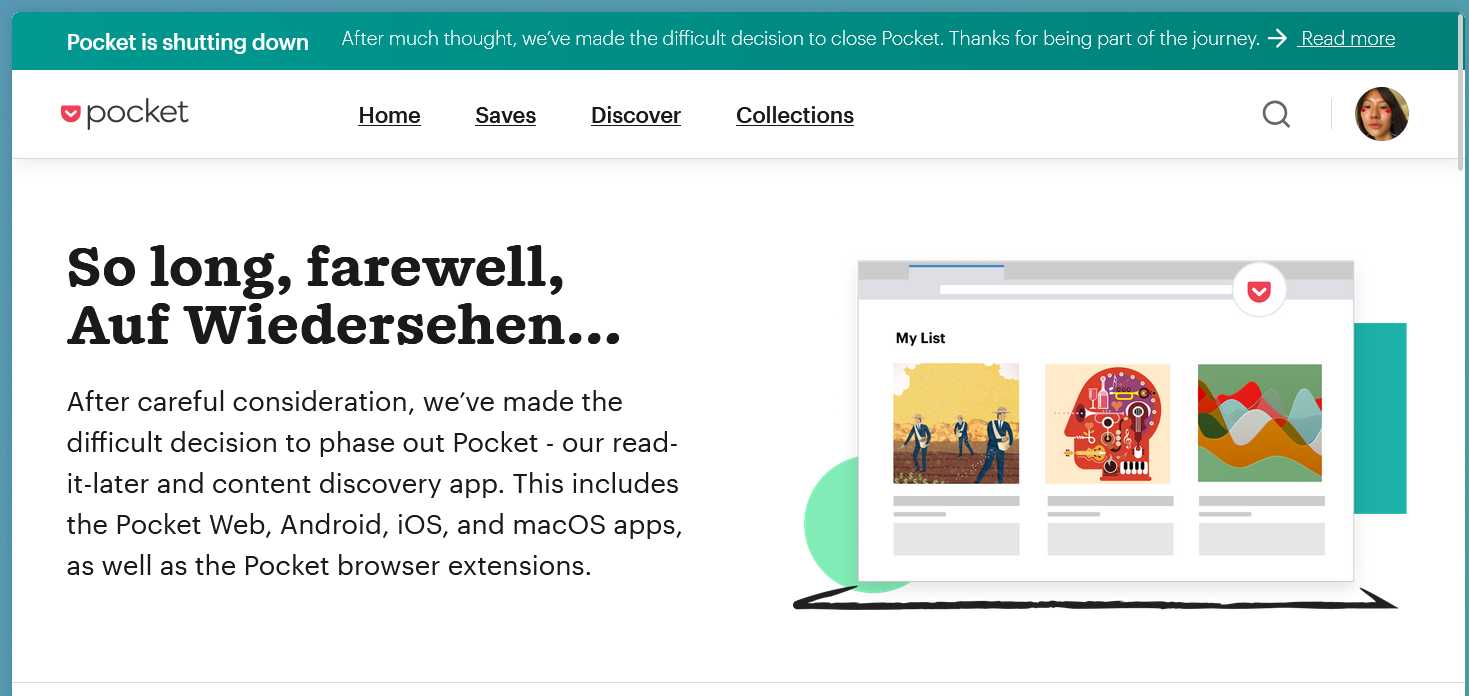
They also added,
“Pocket has helped millions save articles and discover stories worth reading. But the way people save and consume content on the web has evolved, so we’re channeling our resources into projects that better match browsing habits today. Discovery also continues to evolve; Pocket helped shape the curated content recommendations you already see in Firefox, and that experience will keep getting better. Meanwhile, new features like Tab Groups and enhanced bookmarks now provide built-in ways to manage reading lists easily.”
So, as of July 8th, 2025, after nearly two decades of faithful pocketing, Pocket is saying farewell. I don’t often feel sentimental about app closures or websites shutting down, but scrolling through my saves, it felt akin to a baby bird being pushed out of its nest before it learns how to fly. It felt like the end of an era.
Pocket and me <3
Pocket’s clean, simple interface (which, could be enhanced or further customized with Pocket Premium, the web-clipper’s paid model) was unique. Not overly fussy, like other websites or apps I tried to use, but functional. Genuinely nice to look at, in an age where aesthetics rules over all else.
It was also downright reliable, a function that’s increasingly becoming harder to find and thus exponentially more valuable. With a single click, eye-catching articles, deep-dives, or fleeting curiosities were safely secured, saved for a quiet moment to be unfurled. Often, that moment never came. That’s not the point. I had a digital treasure trove, collected and curated by me, that I could return to at times when scrolling on whatever social media app I was currently obsessed with could no longer hold my attention.
Pocket’s demise resounds through the Internet
But Pocket always felt too good to be true. While the Internet rushed toward instant gratification, overconsumption, and unlimited algorithmic feeds, Pocket cultivated patience and intentionality. With their daily collection of “Saves,” seemingly handpicked from the Internet, Pocket was more than a web-clipper—it felt like a genuine part Internet that could almost pass as community. Contributing writer Samantha Cole from 404 Media provides some context noting, “The Mozilla-owned Pocket, formerly known as ‘Read It Later,’ launched in August 2007 as a Firefox browser extension that let users save articles to… well, read later. Mozilla acquired Pocket in 2017.”
She continues,
“As I said, I’m upset! I use the Pocket Chrome extension almost daily, and it’s become a habitual click for articles I want to save to read later even though I fully know I never will. Before the subway had Wi-Fi, back when I commuted to work 45 minutes each way every day, I used Pocket to save articles offline and read outside of internet access. Anecdotally speaking, Pocket was a big traffic driver for bloggers: At all of the websites I’ve worked at, getting an article on Pocket’s curated homepage was a reliable boost in viewers.”
On Reddit, Pocket users are similarly mourning its dissolution, with one person writing, “I’m grieving. I used this feature nearly every day and loved the Kobo integration that allowed me to read saved articles distraction-free on a my Kobo e-ink devices. It’s the end of an era.”
Another wrote, “I’m gutted. I love Pocket…”
User @ThunderDaniel lamented, “Kind of bittersweet. I loved Pocket when I was a broke student that only had access to wifi speeds in the max of kilobytes per second. I’d download long form articles and cool listicles and read that stuff on my phone for hours. Surprised it took this long for Pocket to be shut down, but RIP nonetheless.”

Now what?
The official Mozilla blog post says that Pocket will shut down on July 8th, 2025, but users will be able to export their saves at any time until October 8th, 2025. On that day, all user data will be deleted.
Premium monthly subscriptions will be automatically canceled before the next billing cycle and annual subscriptions will be canceled on July 8th with users receiving a prorated refund.
Finally, the Pocket email newsletter, Pocket Hits, (which offers readers “daily and weekly curation of engaging content from trustworthy sources“) will be renamed to “Ten Tabs,” curated by the same editorial team.
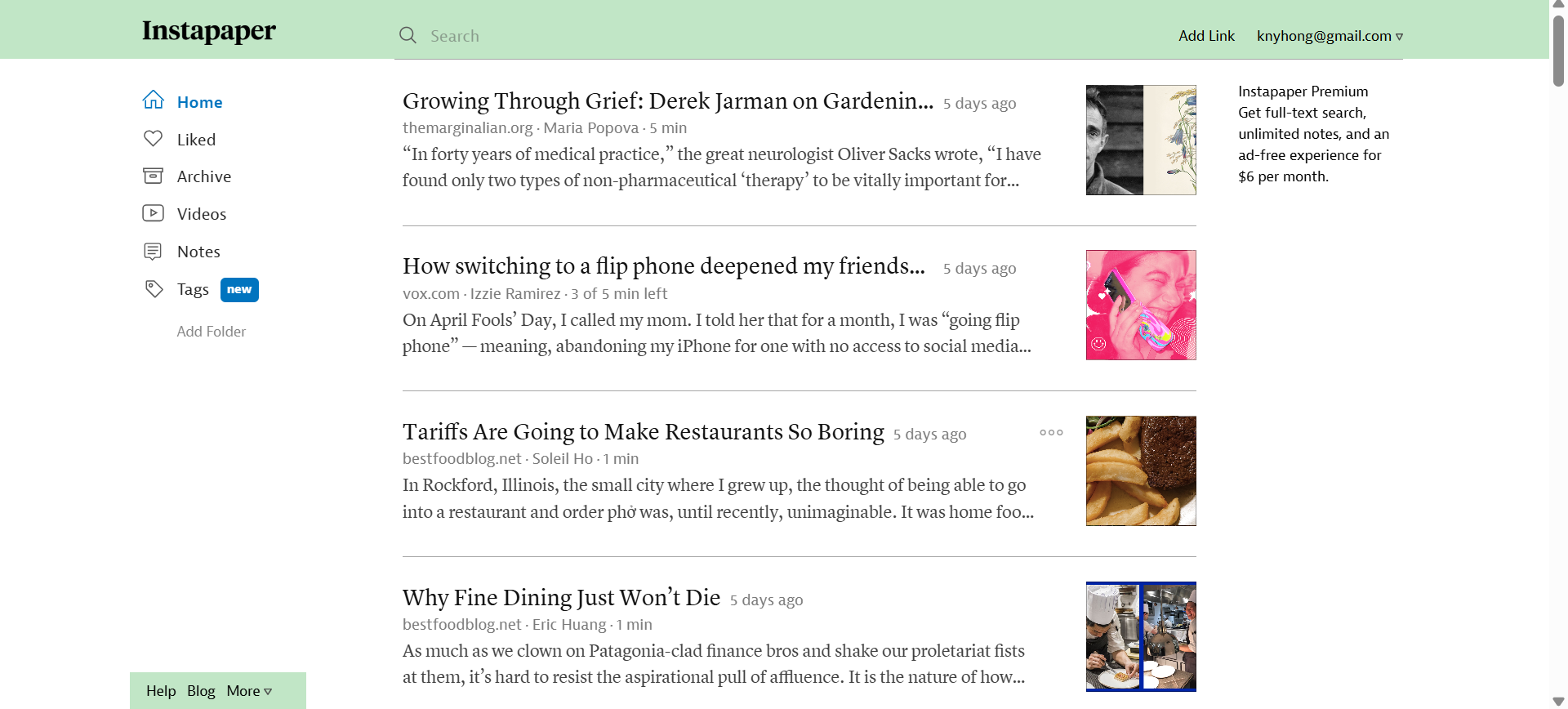
What platform will fill the Pocket-shaped hole in my digital existence? Well, I’ve been experimenting with Instapaper. People on Reddit seem to enjoy Raindrop.io.
Or, as 404 Media puts it, “404 Media contributing writer Matthew Gault suggests copy-pasting links to articles into a giant document to read later. Now that Pocket is no longer with us, I might have to start doing that.”

